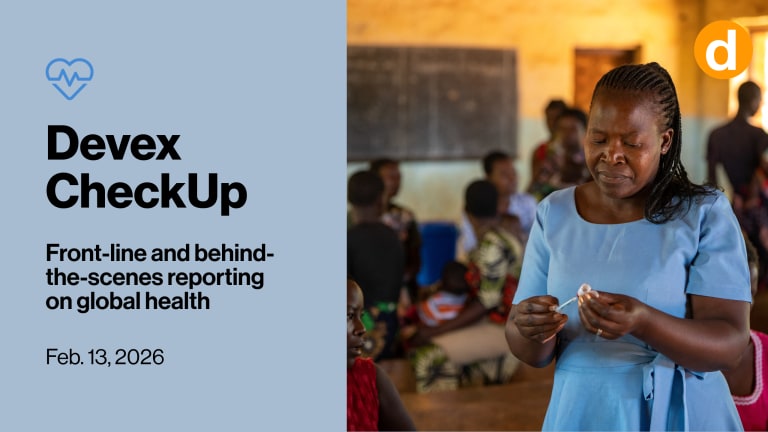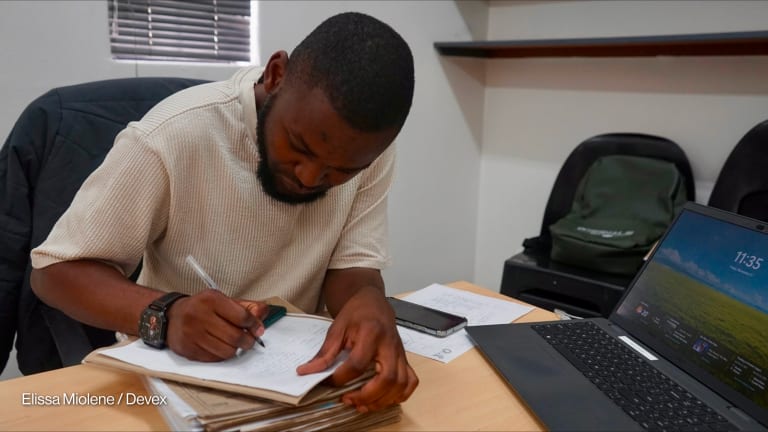Last October, Idoma Prince visited a pharmacy in Nigeria’s capital city of Abuja to replace his old inhaler but he returned home empty-handed.
The 24-year-old user interface designer was shocked after he was told the cost of a Ventolin inhaler, which he uses for his asthma, was now 8,500 Nigerian naira ($5.34). He returned home with the thoughts of the shocking price looming in his mind. Just a few months before, he had bought the same product for 3,500 naira ($2.46).
“I wasn’t prepared for that [price] at all so I had to delay getting it till I had enough money on me. This January I went to get [it] again and I saw that the price had gone up to 10,000 naira ($7.02) for one inhaler,” he told Devex.
Printing articles to share with others is a breach of our terms and conditions and copyright policy. Please use the sharing options on the left side of the article. Devex Pro members may share up to 10 articles per month using the Pro share tool ( ).
Search for articles
Most Read
- 1
- 2
- 3
- 4
- 5








